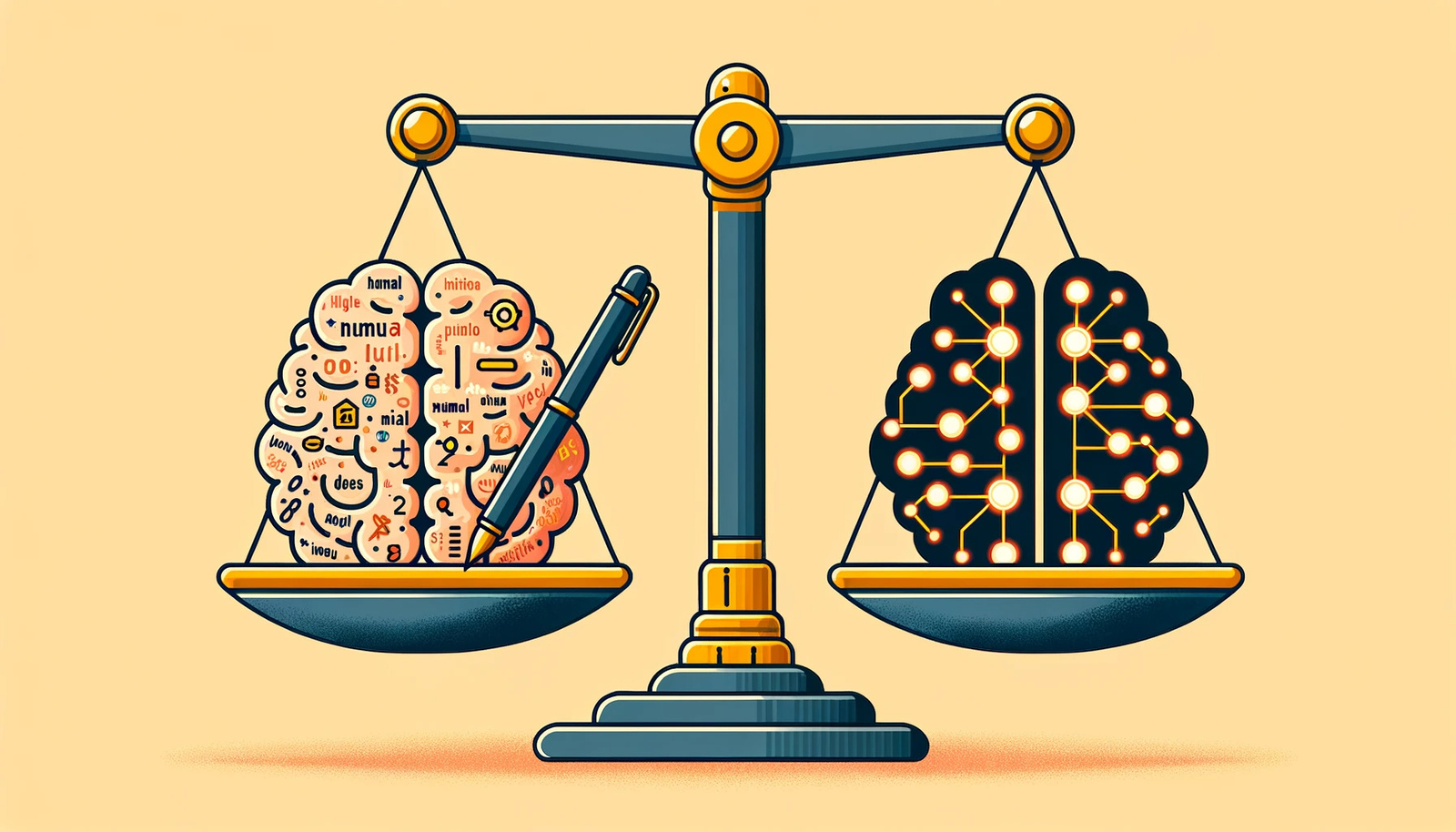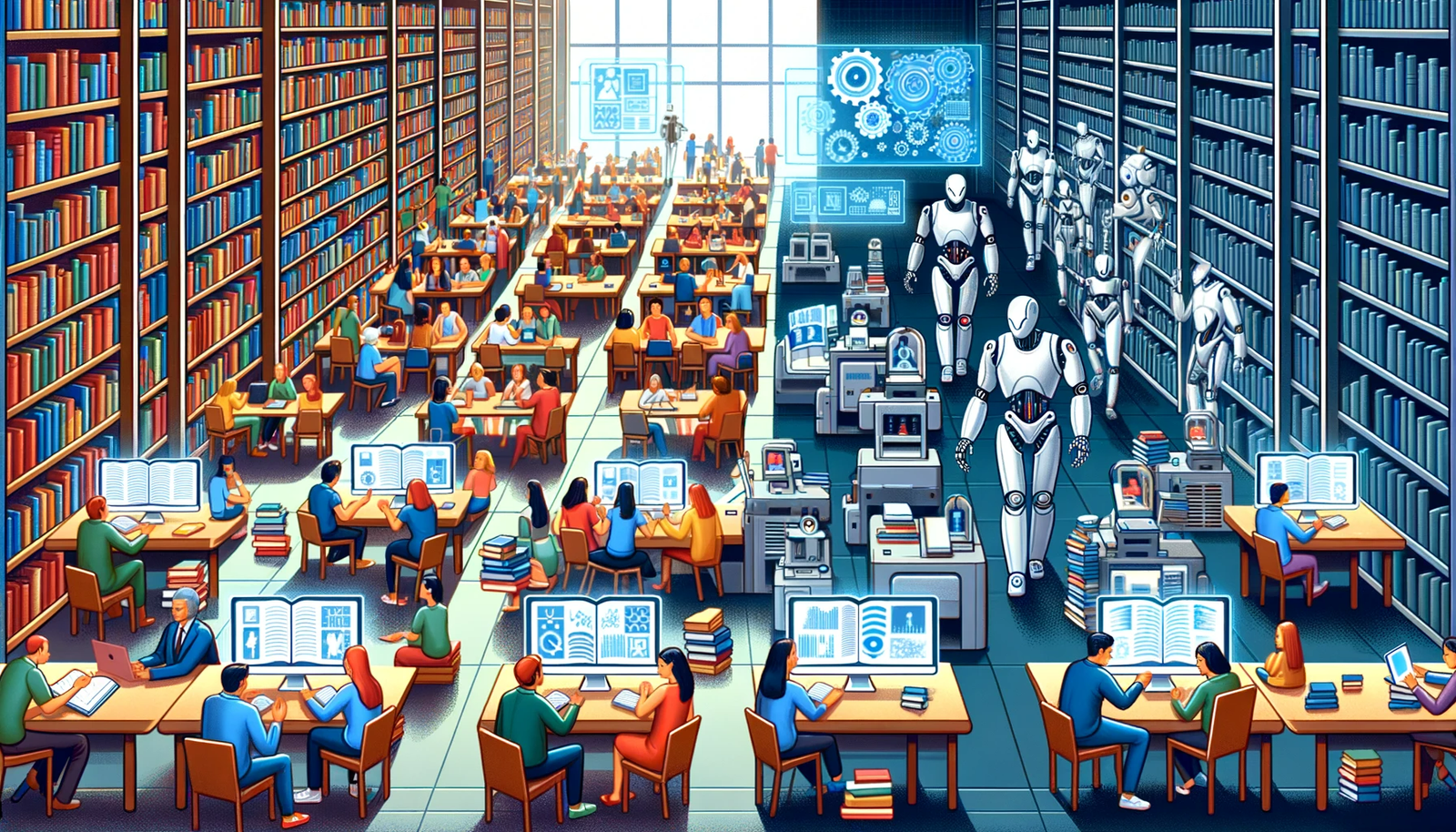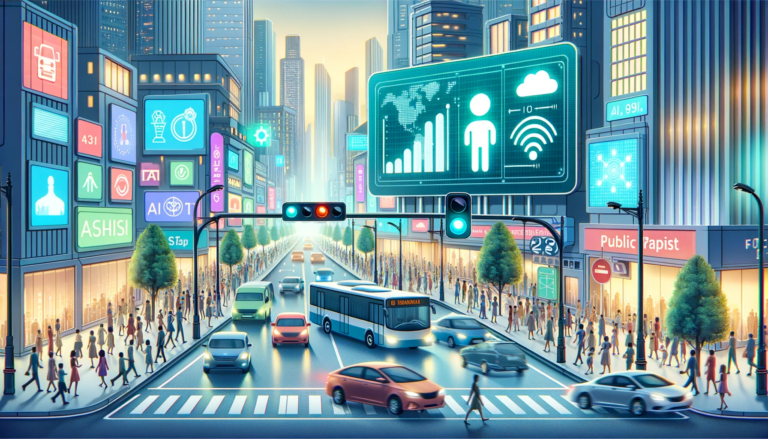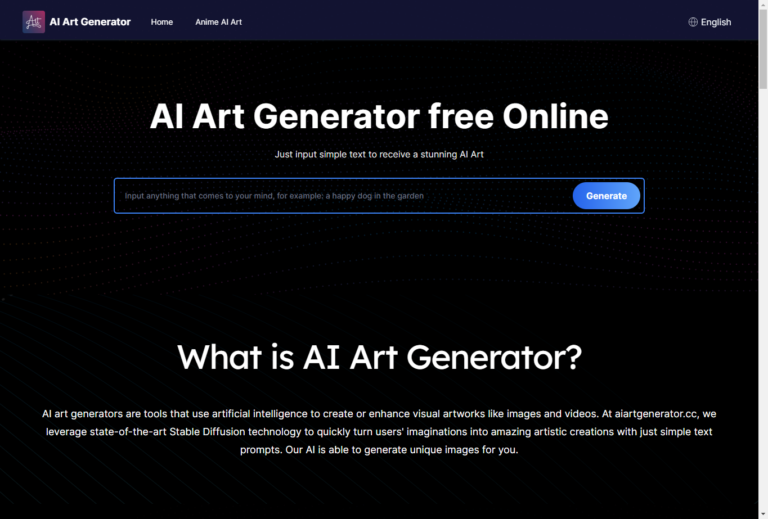
In today’s digital age, the debate between AI and manual content writing continues to gain momentum. While AI-powered tools provide quick and efficient ways to generate content, there is a heated discussion about the quality and authenticity of such content compared to that produced by human writers.

Manual Vs AI Content Writing
This article explores the pros and cons of both approaches, highlighting the benefits of harnessing the power of AI while also recognizing the value of manual content writing in delivering personalized, engaging, and unique content to readers.
Whether you’re a business owner, marketer, or simply an avid reader, understanding the similarities and differences between AI and manual content writing will undoubtedly shed light on the ever-changing landscape of content creation.
AI Vs. Manual Content Writing
Benefits of AI Content Writing
Higher efficiency
AI content writing offers higher efficiency compared to manual content writing. With the help of artificial intelligence, you can generate content at a much faster pace. AI algorithms are designed to quickly analyze data and produce written content, saving you valuable time and effort. This efficiency is particularly helpful when dealing with large volumes of content or tight deadlines.
Faster turnaround time
One of the major advantages of AI content writing is its ability to deliver content quickly. Unlike manual writing, which requires the writer to spend time researching, drafting, and editing, AI technology can generate content in a matter of seconds or minutes. This rapid turnaround time allows businesses to meet their content needs promptly and keep up with the fast-paced digital landscape.

Lower cost
AI content writing can also be cost-effective. Hiring skilled human writers can be expensive, especially for long-term projects or large-scale content production. However, with AI, you can significantly reduce costs as there is no need for ongoing payments, employee benefits, or training. By leveraging AI technology, you can achieve cost savings without compromising on the quality of your content.
Consistent quality
AI content writing ensures consistency in the quality of your written material. Human writers may have variations in style, tone, or grammar, which can affect the overall coherence of the content. On the other hand, AI algorithms follow predefined rules and guidelines, resulting in a consistent output. This consistency in quality can enhance the brand image and credibility of your content across various platforms.
Drawbacks of AI Content Writing
Lack of creativity
One of the drawbacks of AI content writing is its limited ability to think creatively. While AI algorithms are efficient in generating content, they lack the imagination and creativity that humans possess. AI-generated content may lack the ability to engage readers on an emotional level or bring a fresh perspective to a topic. Therefore, when it comes to creative writing, AI technology may fall short compared to human writers.
Limited understanding of context
AI content writing often struggles to fully comprehend the context in which the content is being produced. While AI algorithms excel at data analysis and pattern recognition, they may struggle to understand nuances, metaphors, or cultural references that are crucial for producing engaging content. As a result, AI-generated content may appear robotic or detached, lacking the depth and understanding that human writers bring to the table.
Inability to handle complex topics
AI content writing may face challenges when it comes to handling complex or technical subjects. While AI algorithms can process vast amounts of information, they might not possess the necessary expertise or domain knowledge to produce accurate and insightful content in specialized fields. When dealing with complex topics, human writers who possess the necessary expertise and experience are better equipped to deliver in-depth and comprehensive content.
Language and cultural limitations
AI content writing can be limited by language and cultural barriers, with little emotion and empathy attached to it.
AI algorithms are typically trained on specific datasets, which may not encompass the diversity of languages and cultural nuances that exist worldwide. This limitation can result in inaccuracies or misinterpretations when generating content for different regions or cultural contexts. Human writers, on the other hand, can adapt their writing style and tone to cater to specific audiences and cultural sensitivities.

Advantages of Manual Content Writing
Greater flexibility
Manual content writing offers greater flexibility compared to AI content writing. Human writers possess the ability to adapt their writing style, tone, and approach to meet the specific needs and preferences of the target audience. This flexibility allows for more personalized and tailored content that resonates with readers.
Human touch and emotion
Manual content writing adds a human touch and emotional connection to the written material.
Human writers can infuse their personalities, styles, and emotions into the content, making it relatable and engaging for the readers. This personal touch can be instrumental in establishing a strong connection with the audience and fostering meaningful engagement.
Ability to handle complexity
Manual content writing excels in handling complex or technical subjects. Human writers bring their expertise, research skills, and domain knowledge to produce in-depth and comprehensive content. They can break down complex concepts into easily understandable pieces and offer valuable insights that AI algorithms may struggle to deliver.

In-depth research
Manual content writing allows for extensive research on the topic at hand. Human writers can conduct thorough investigations, gather relevant data, and analyze multiple sources to provide accurate and credible information. This approach ensures that the content is well-researched, up-to-date, and reflective of the latest trends and developments in the industry.
Disadvantages of Manual Content Writing
Time-consuming
Manual content writing is often time-consuming. Human writers need to dedicate time to research, planning, writing, editing, and proofreading to create high-quality content. The process can be lengthy, particularly for complex topics or specialized content. This time requirement can impact the speed at which content is produced, especially when there are time constraints.
Higher cost
Manual content writing can be more expensive compared to AI content writing. Hiring skilled human writers often comes with a higher price tag, especially for long-term projects or extensive content production. Additionally, ongoing payments, employee benefits, and training can further add to the cost. This cost factor needs to be considered when choosing between manual and AI content writing.
Inconsistent quality
Manual content writing may sometimes result in inconsistent quality. Human writers, despite their expertise, may have variations in their writing style, tone, or grammar, impacting the overall quality and consistency of the content. This inconsistency can create confusion among readers and affect the reputation and credibility of the content and the brand.
Human errors
Manual content writing is prone to human errors. Despite careful proofreading and editing, mistakes such as typos, grammatical errors, or factual inaccuracies can occur. These errors can diminish the impact and reliability of the content. Additionally, human writers may unintentionally introduce biases or subjective opinions, which can undermine the objectivity of the content.
Types of Content Suitable for AI Writing
Data-driven reports
AI content writing excels in generating data-driven reports. With its ability to process vast amounts of data and analyze trends, AI algorithms can quickly transform complex data sets into cohesive and easy-to-understand reports. This is particularly useful for industries such as finance, market research, or data analysis.
Product descriptions
AI content writing can efficiently produce product descriptions. By leveraging product specifications, customer reviews, and market trends, AI algorithms can generate concise and informative descriptions for a wide range of products. This helps businesses save time and effort in crafting accurate and engaging product descriptions.
News articles
AI content writing can be utilized for generating news articles. AI algorithms can scan and aggregate news from multiple sources, analyze the information, and generate coherent news articles in real-time. This can be valuable for news agencies, websites, or organizations that require up-to-date news content.
Basic and repetitive content
AI content writing can handle basic and repetitive content effectively. For tasks such as generating FAQ sections, boilerplate content, or standardized forms, AI algorithms can produce consistent and accurate content quickly. This frees up human writers to focus on more creative and complex writing tasks.






